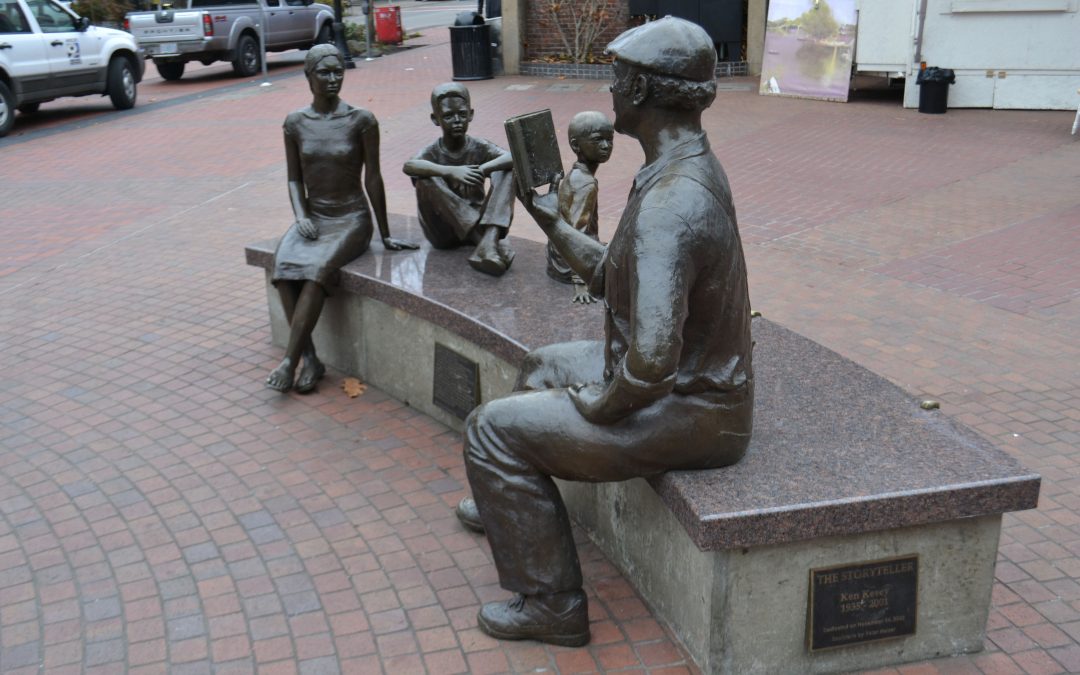A few years ago, Peter Guber wrote this in the Harvard Business Review, “Critical details, data, and analytics are more effectively emotionalized and metabolized by the listener when they’re embedded in a story.” Similarly, Jonathan Gattschall wrote this in his book, The Storytelling Animal: How Stories Make Us Human:
The storytelling mind is a crucial evolutionary adaptation. It allows us to experience our lives as coherent, orderly, and meaningful. It is what makes life more than a blooming, buzzing confusion … most of what is actually in fiction is deeply unpleasant [serving as a] powerful and ancient virtual reality technology that simulates the big dilemmas of human life.
What do those two statements tell us? They tell us the very stories we’re like to dismiss, simply because their ours, are powerful and ancient virtual reality technology. Imagine that.
As human beings, we’re creatures that engage and compel each other by telling stories. It’s what we’ve always done. Beowulf and The Epic of Gilgamesh (to name just two) are stories that pre-date writing. But they remain available to us because, through myth and history, they continue to teach. As the purveyors of social-media Newspeak constantly remind us, content is king. It’s always been king because we’ve always been storytellers.
Try to imagine a headline, regardless of how compellingly it may be composed, competing with a well-told story. That headline may be more effectively persuasive to some creatures. But not us. We’re human. Our history and all of our predispositions are about telling, learning from, and responding to stories. In that sense, social media — the focus on content — brings us back to the future: What’s important is your story. And your story is your brand.
In the Spring 2012 edition of Wilson Quarterly, Tom Vanderbilt wrote an article entitled, “The Call of the Future“, about the telephone. It’s a device that could only have been invented by a race of storytellers. It transformed our ability to communicate utterly. It transformed our means of communicating not at all:
We have been fretting about the phone for years, even as it has moved closer and closer to us — once relegated to the back hallway, “between the dirty linen hamper and the gasometer,” as in Benjamin’s day, now in our back pocket. But it is difficult to say, as it seems to be morphing once more as a cultural form, whether the telephone has profoundly changed us in any way.
It’s a wonderful thing to realize: We’ve created tools and media that have revolutionized our ability to connect with each other. We’ve made the world smaller and our access to it bigger. We’ve taken science that would once have been considered magic and made it mundane. We’ve smashed time and space as obstacles to communication. Yet we still communicate in the same ways we did before fire, let alone the first electronic spark: We tell stories.
So, go tell your story. You just might help yourself or someone else with the big dilemmas of human life.
—
By Visitor7 (Own work), via Wikimedia Commons

